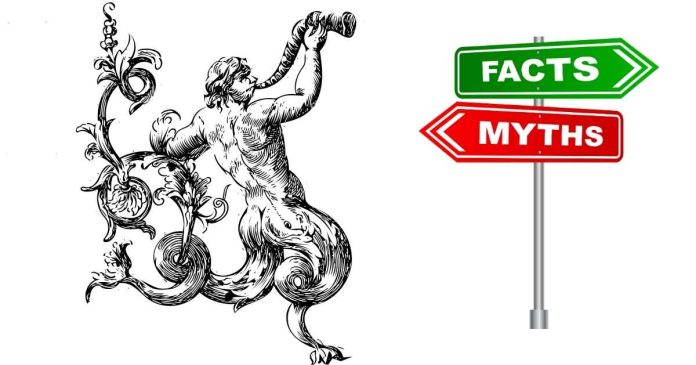A non-example of a myth refers to something that is not a traditional or cultural story meant to explain natural phenomena, human origins, or the world in a supernatural or symbolic way. To elaborate:
- Scientific Facts: A scientific fact is a non-example of a myth because it is based on evidence, observation, and testing. For example, water boils at 100°C at sea level. This is a verifiable fact that can be repeated and tested, unlike a myth, which is often more symbolic or speculative in nature.
- Historical Events: A documented, factual event from history is also a non-example of a myth. For instance, the signing of the Declaration of Independence in 1776 is a well-recorded historical event that can be supported with concrete evidence. Myths, on the other hand, often involve stories passed down through generations that may not be grounded in actual events.
- Logical or Mathematical Truths: Statements that follow from reasoning or mathematical principles also serve as non-examples of myths. For example, 2 + 2 = 4 is an established truth, one based on logic and evidence. Myths rarely adhere to logical reasoning or universal truths; they tend to involve the supernatural or symbolic explanations that go beyond just facts and logic.
In summary, non-examples of myths are things like scientific facts, historical records, or logical/mathematical truths. They are concrete, verifiable, and not based on supernatural or imaginative storytelling.


